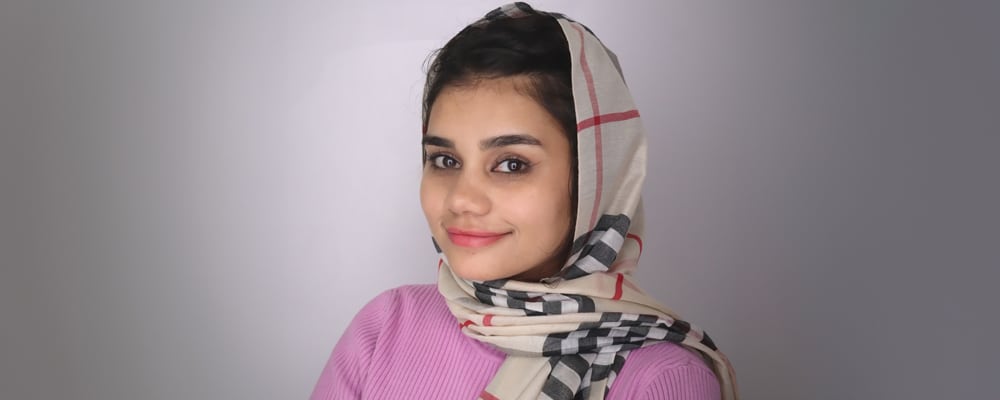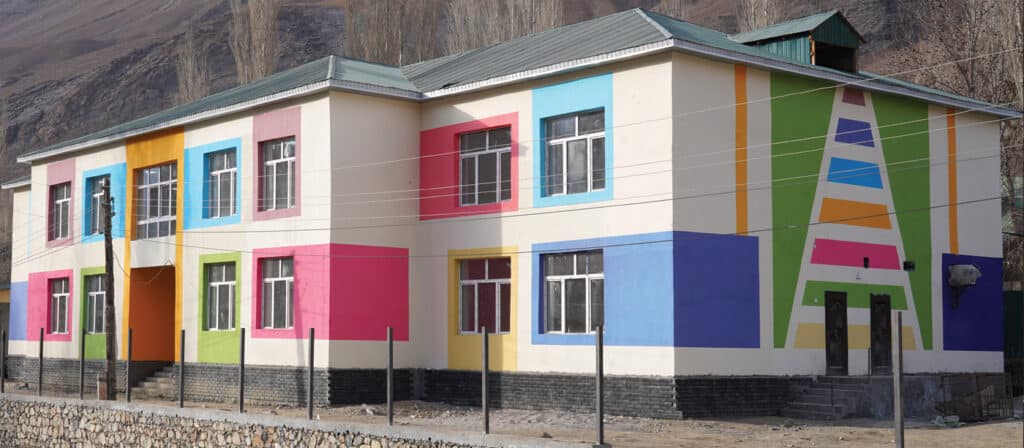Get to know our summer intern: Rida

Each summer, Central Asia Institute welcomes students from around the country – and the world – to work as summer interns. Our internship program not only affords students the opportunity to work alongside our team and gain firsthand experience in international development and non-profit management. It also provides CAI with valuable input and support from […]
Welcome to Preschool #2!

As many of you will recall, Preschool #2 is located in the mountain town of Barushan in Tajikistan. Barushan is located in Gorno-Badakhshan Autonomous Oblast (GBAO), a remote and marginalized region of the country situated among the Pamir Mountain range and some of the highest peaks in the world. One-third of GBAO’s inhabitants live in […]
